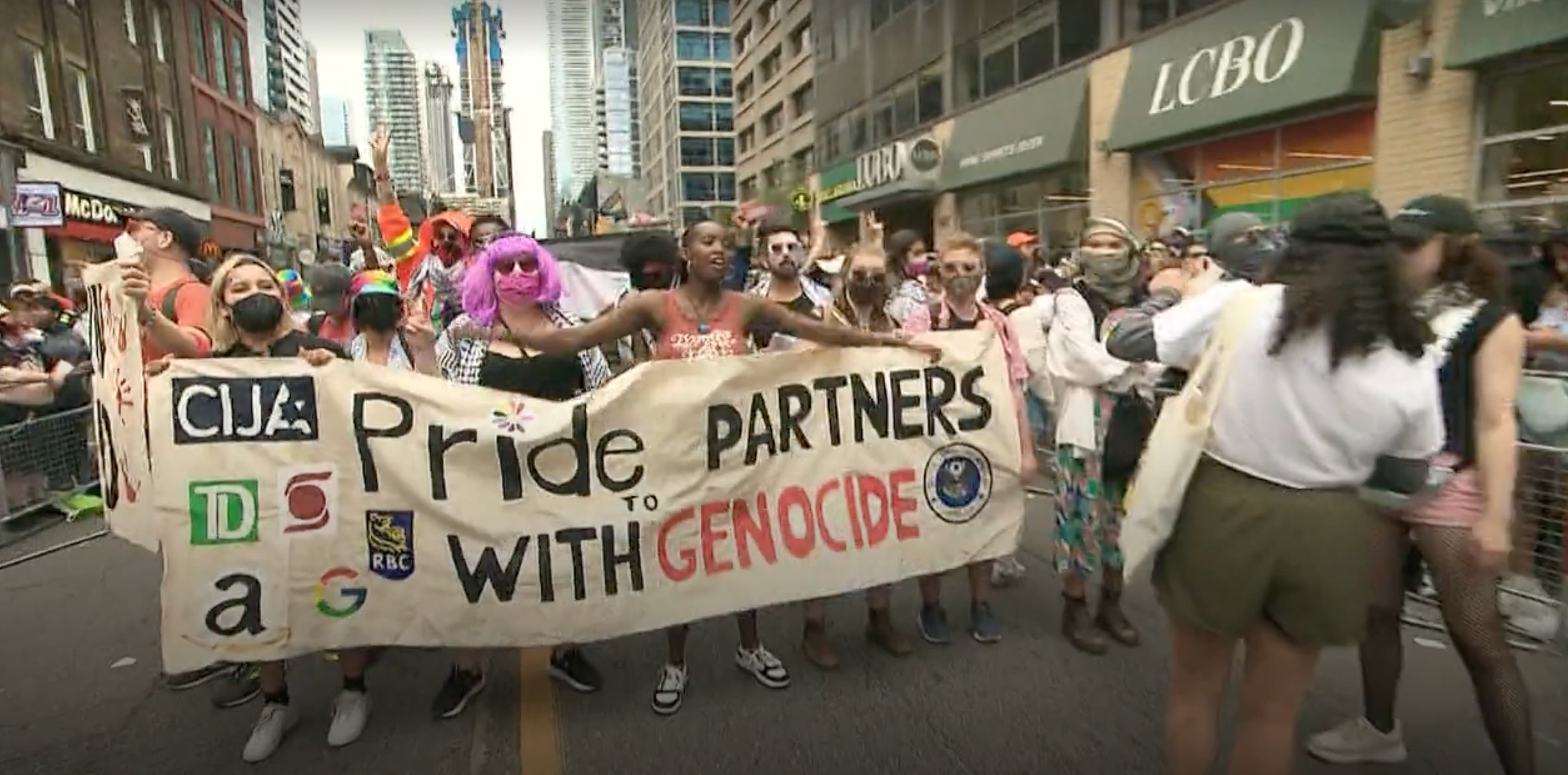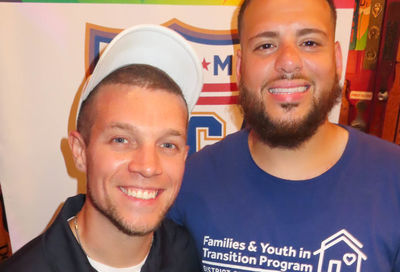Arizona Court of Appeals rules against calligrapher asking to turn away gay couples
Ruling relies on finding in Supreme Court's Masterpiece Cakeshop decision that LGBTQ people should be protected from discrimination

The Arizona Court of Appeals ruled that a calligrapher that wanted to preemptively turn away same-sex couples did not have a First Amendment right that superseded the city of Phoenix’s nondiscrimination ordinance.
The lawsuit, brought by Brush and Nib Studio, a calligraphy business that wanted to turn away same-sex couples seeking custom-made calligraphy for weddings, citing a religious belief that opposes same-sex marriage.
The business also sought to post a public statement explaining that they wouldn’t “create any artwork that violates [their] vision as defined by [their] religious and artistic beliefs and identity,” including “artwork that demeans others, endorses racism, incites violence, contradicts [their] Christian faith, or promotes any marriage except marriage between one man and one woman.” But it never posted the sign for fear of being penalized under Phoenix’s nondiscrimination ordinance, which prohibits discrimination based on sexual orientation.
Brush and Nib Studio sued, arguing that the ordinance compels them to provide services to LGBTQ people for events that the studio’s owner does not condone. As a result, they say, the nondiscrimination provisions violate the Arizona Constitution’s free speech clause, religious toleration clause, equal protection clause, due process clause, and the Arizona Free Exercise of Religion Act.
But the three judges on the appeals court panel unanimously disagreed with Brush and Nib’s claims, writing: “Like many similar cases decided in other jurisdictions, we find Appellants’ act of creating design-to-order wedding announcements, invitations, and the like is not inherently expressive.” They cited the case of Arlene’s Flowers out of Washington State, where a florist turned away a gay couple rather than provide flowers for their wedding, and Elaine Photography, a case out of New Mexico where a wedding photographer was sued because she refused to shoot wedding photos for same-sex couples.
“The mere fact that [the nondiscrimination ordinance] requires Appellants to comply with the law does not render their creation of design-to-order merchandise for same-sex weddings expressive conduct,” Presiding Judge Lawrence F. Winthrop wrote in the opinion.
“The items Appellants would produce for a same-sex or opposite-sex wedding would likely be indistinguishable to the public. Take for instance an invitation to the marriage of Pat and Pat (whether created for Patrick and Patrick, or Patrick and Patricia), or Alex and Alex (whether created for Alexander and Alexander, or Alexander and Alexa). This invitation would not differ in creative expression,” Winthrop added.
“Further, it is unlikely that a general observer would attribute a company’s product or offer of services, in compliance with the law, as indicative of the company’s speech or personal beliefs. The operation of a stationery store — including the design and sale of customized wedding event merchandise — is not expressive conduct, and thus, is not entitled to First Amendment free speech protections.”
LGBTQ advocates celebrated the decision, noting that it relied on language in the recent Masterpiece Cakeshop decision from the U.S. Supreme Court.
“This week’s Supreme Court decision in Masterpiece Cakeshop addressed a unique situation specific to the facts in that case. It did not dilute anti-LGBTQ discrimination protections and in fact reaffirmed their importance,” Shannon Minter, the legal director for the National Center for Lesbian Rights, said in a statement. “With regard to race, sex, sexual orientation or any other protected trait, a business can decide what products it sells — but not to whom.
“Today’s Arizona appeals court decision correctly relied upon Masterpiece Cakeshop to ensure that businesses understand that they cannot turn people away from the products or services they provide because of who they are or take actions equivalent to hanging a ‘no gays allowed’ sign in the window,” Minter concluded.
The American Civil Liberties Union also weighed in on the city of Phoenix’s victory.
“The Arizona court today rightly ruled that businesses open to the public must be open to all and cannot discriminate against potential customers based on who they are: in this case, members of the LGBT community,” Joshua Block a staff attorney with the ACLU, said in a statement. “Importantly, the Arizona court also applied the Supreme Court’s Monday decision in Masterpiece Cakeshop here, affirming once again the importance of laws protecting the dignity of LGBT people in the public marketplace.
“We will continue to fight the dangerous notion that businesses have a constitutional right to discriminate in courts, in legislatures, and beyond,” Block promised. This decision in Arizona helps affirm that discrimination has no place in businesses open to the public, nor in our Constitution.”
Support Metro Weekly’s Journalism
These are challenging times for news organizations. And yet it’s crucial we stay active and provide vital resources and information to both our local readers and the world. So won’t you please take a moment and consider supporting Metro Weekly with a membership? For as little as $5 a month, you can help ensure Metro Weekly magazine and MetroWeekly.com remain free, viable resources as we provide the best, most diverse, culturally-resonant LGBTQ coverage in both the D.C. region and around the world. Memberships come with exclusive perks and discounts, your own personal digital delivery of each week’s magazine (and an archive), access to our Member's Lounge when it launches this fall, and exclusive members-only items like Metro Weekly Membership Mugs and Tote Bags! Check out all our membership levels here and please join us today!

























You must be logged in to post a comment.